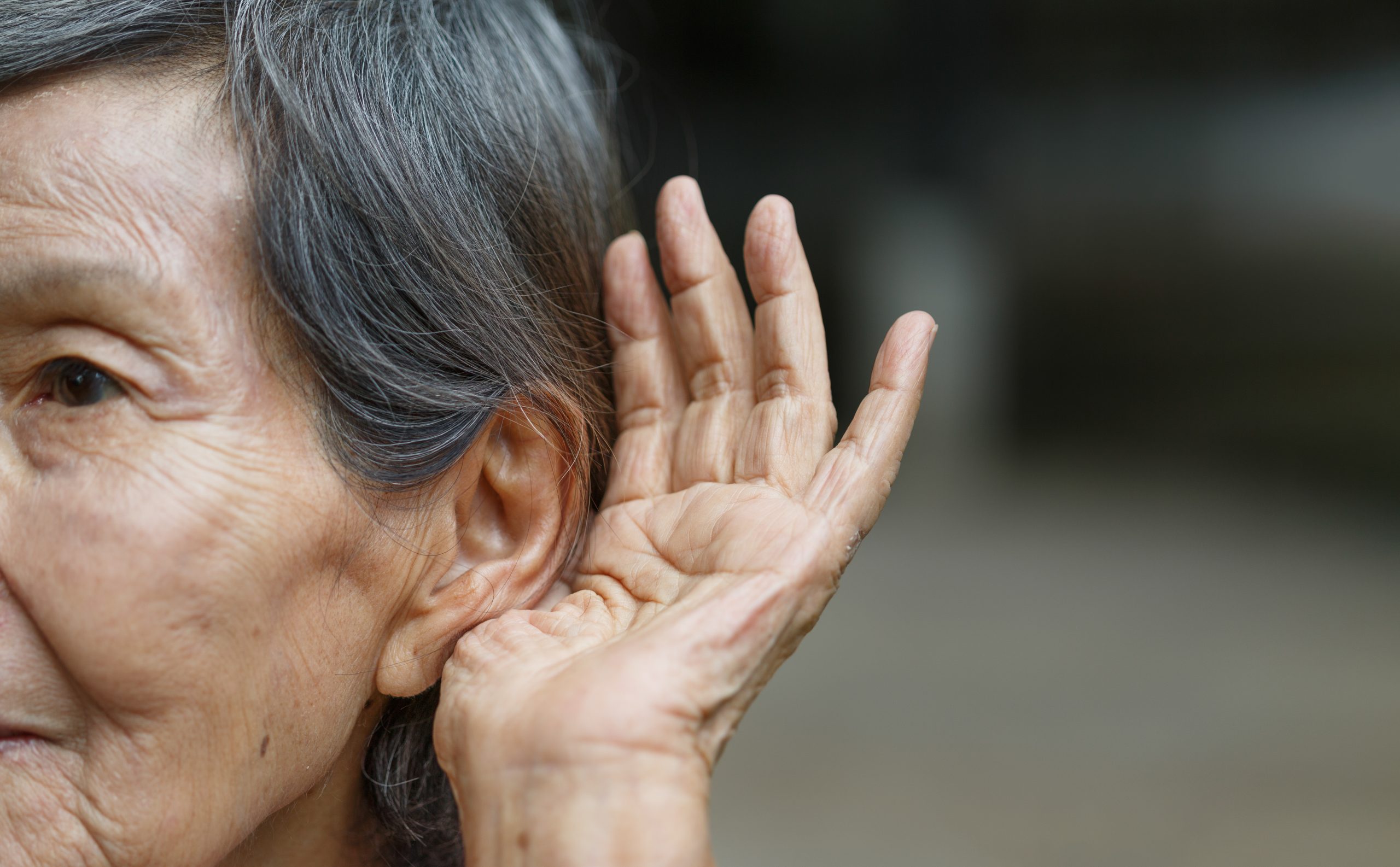Frequently Asked Questions
Registered hearing aid practitioners (RHAP) are people who help with hearing problems. They work with people of all ages, from infants to the elderly. Registered hearing aid practitioners (RHAP) can help you if you have hearing loss, tinnitus, or other balance disorders.
An audiologist is a healthcare professional who specializes in diagnosing, managing, and treating hearing and balance disorders. They typically hold a doctorate in audiology (Au.D.) and are trained to perform hearing tests, fit hearing aids, and provide rehabilitation services for hearing and balance. In contrast, a hearing aid practitioner, also known as a hearing instrument specialist, focuses primarily on evaluating hearing loss for the purpose of fitting and dispensing hearing aids. They usually have a less extensive educational background, often requiring a diploma or an associate’s degree in hearing instrument sciences. While audiologists can provide a wide range of hearing healthcare services, including complex diagnoses and treatment for auditory and balance issues, hearing aid practitioners mainly concentrate on the selection and fitting of hearing aids. Both play important roles in hearing healthcare, but audiologists have broader clinical training and responsibilities.


Hearing Assessments

As hearing experts, we provide comprehensive testing and work with ENT specialists to ensure the care of your hearing health.
South Edmonton: 780-809-1349
St. Albert: 780-590-1349